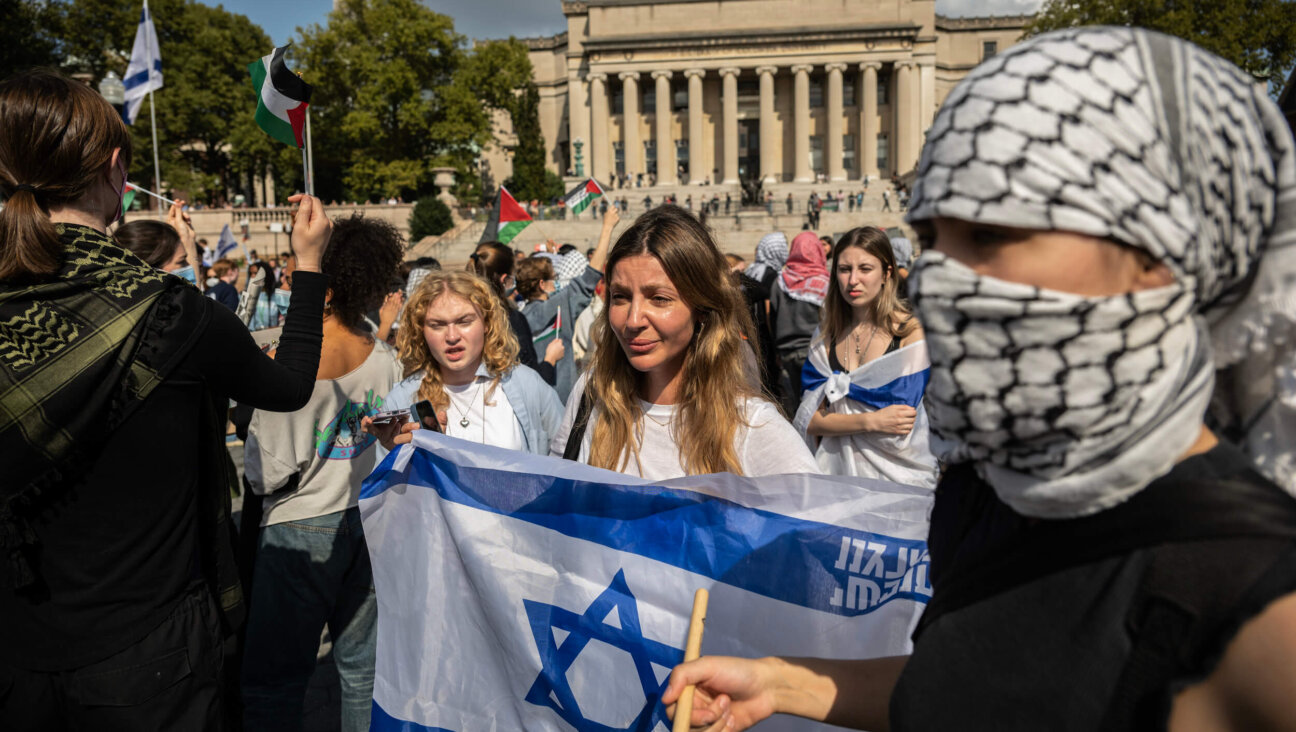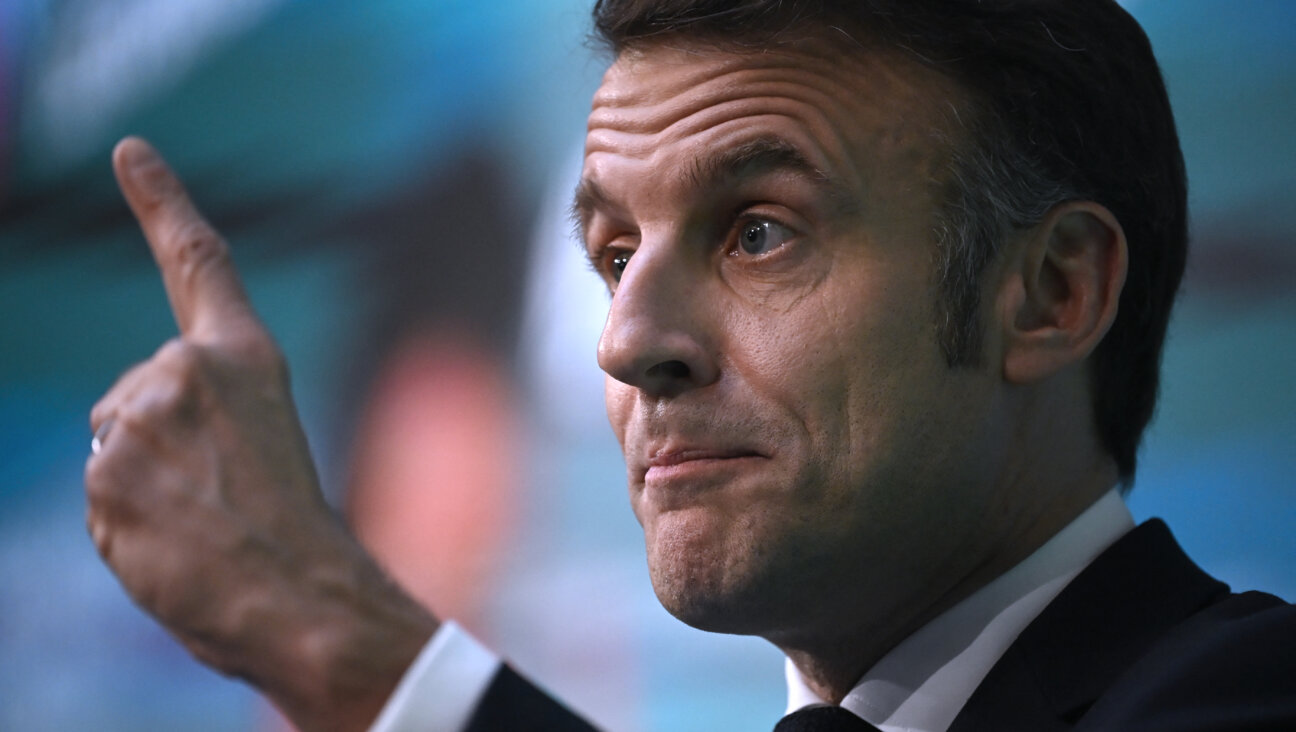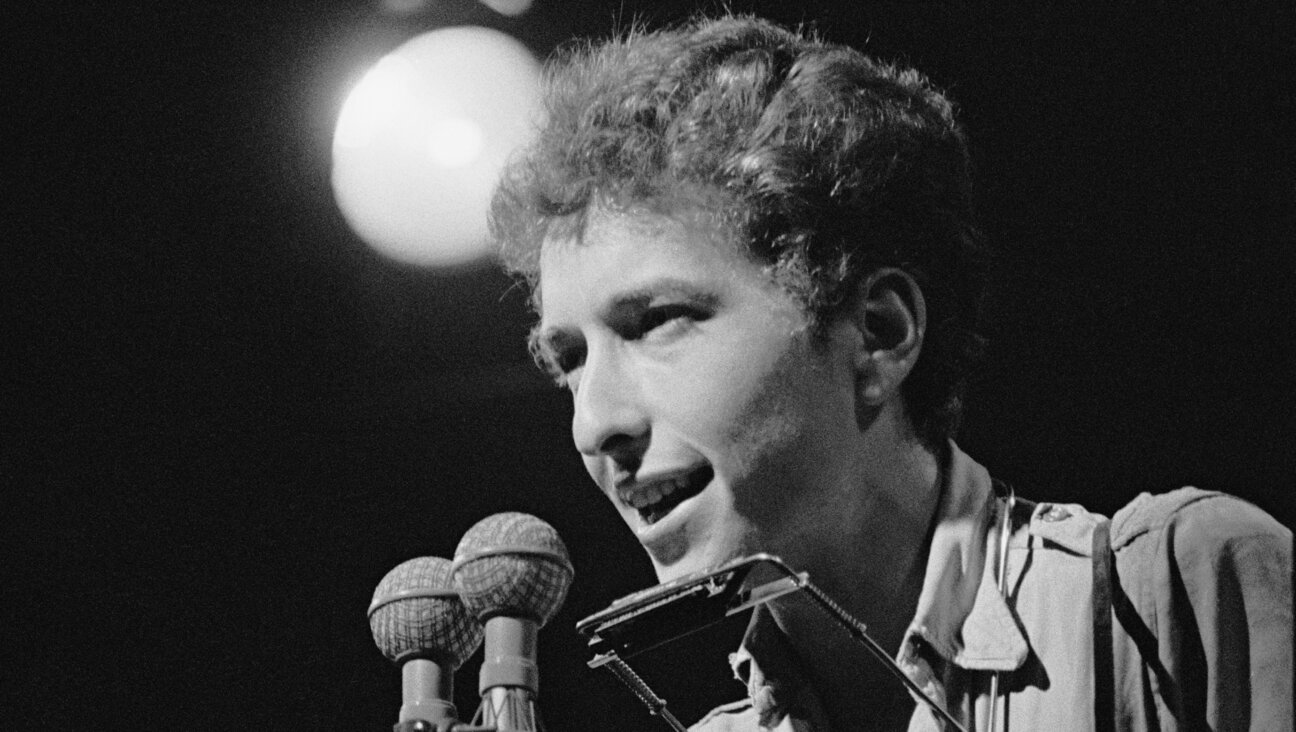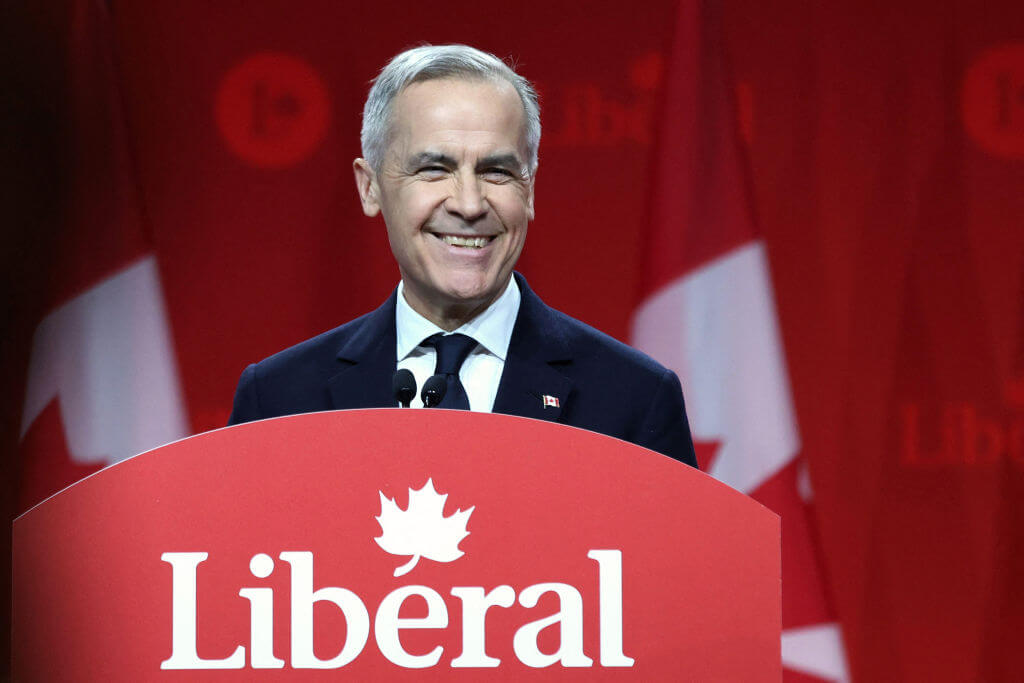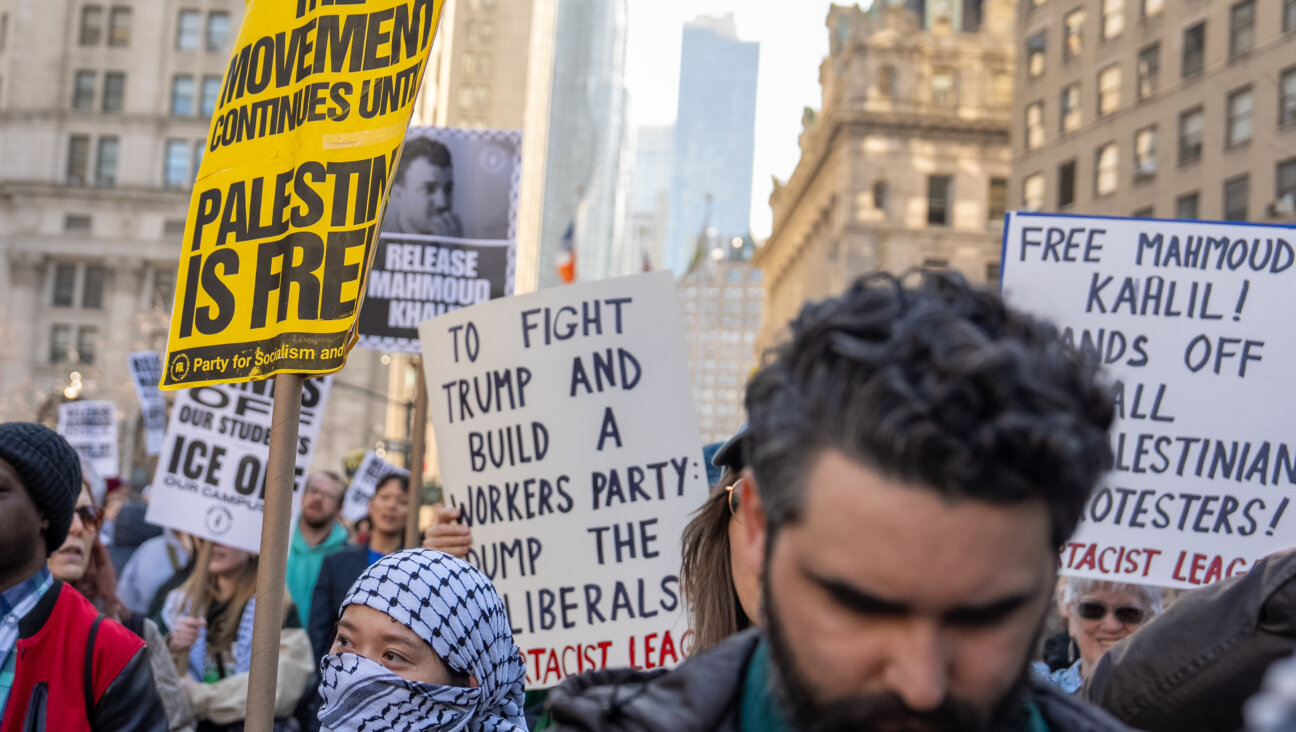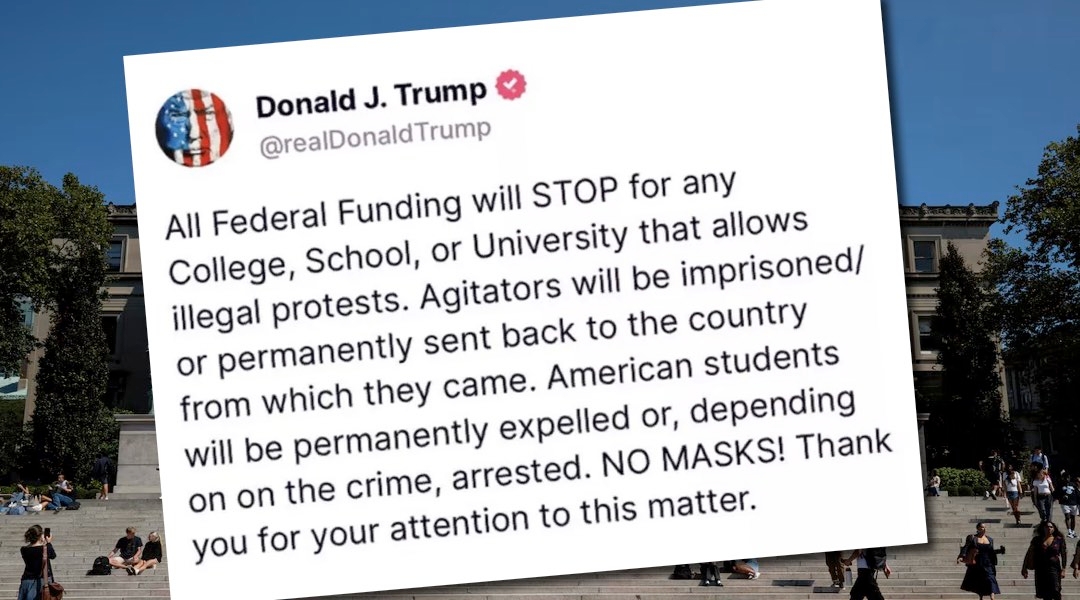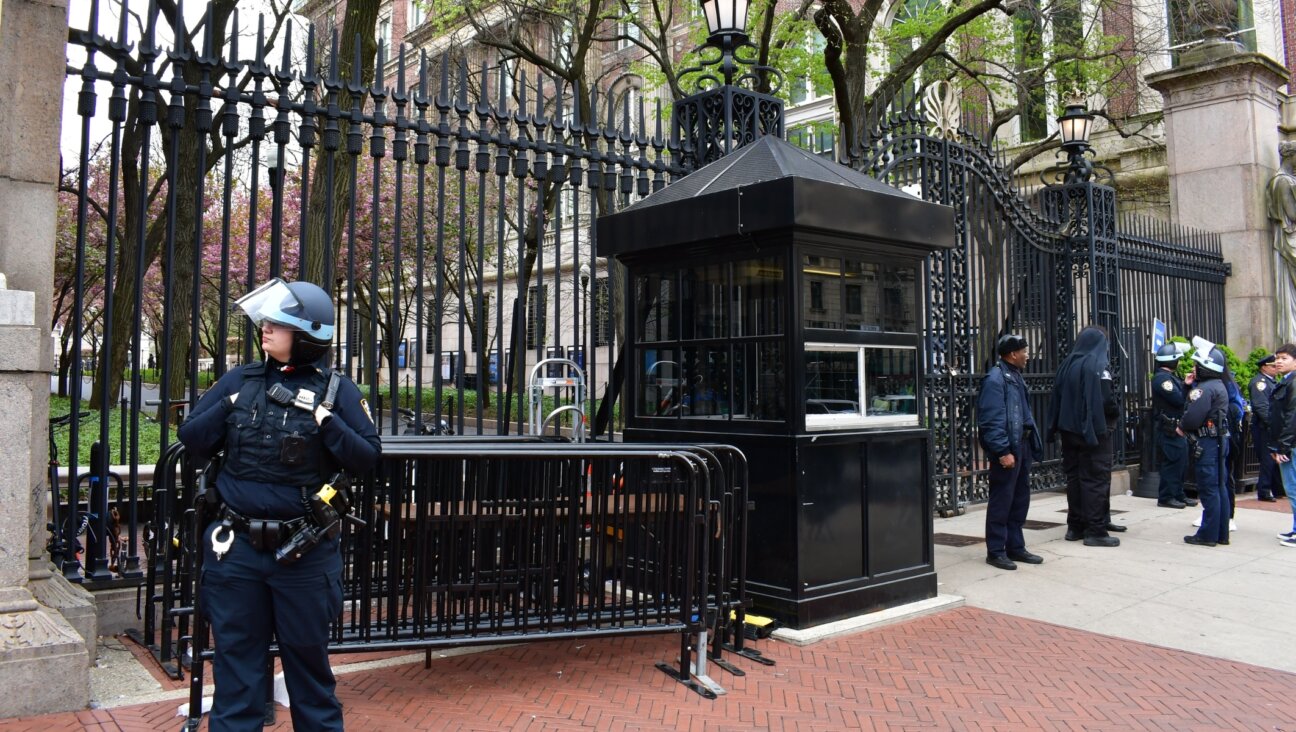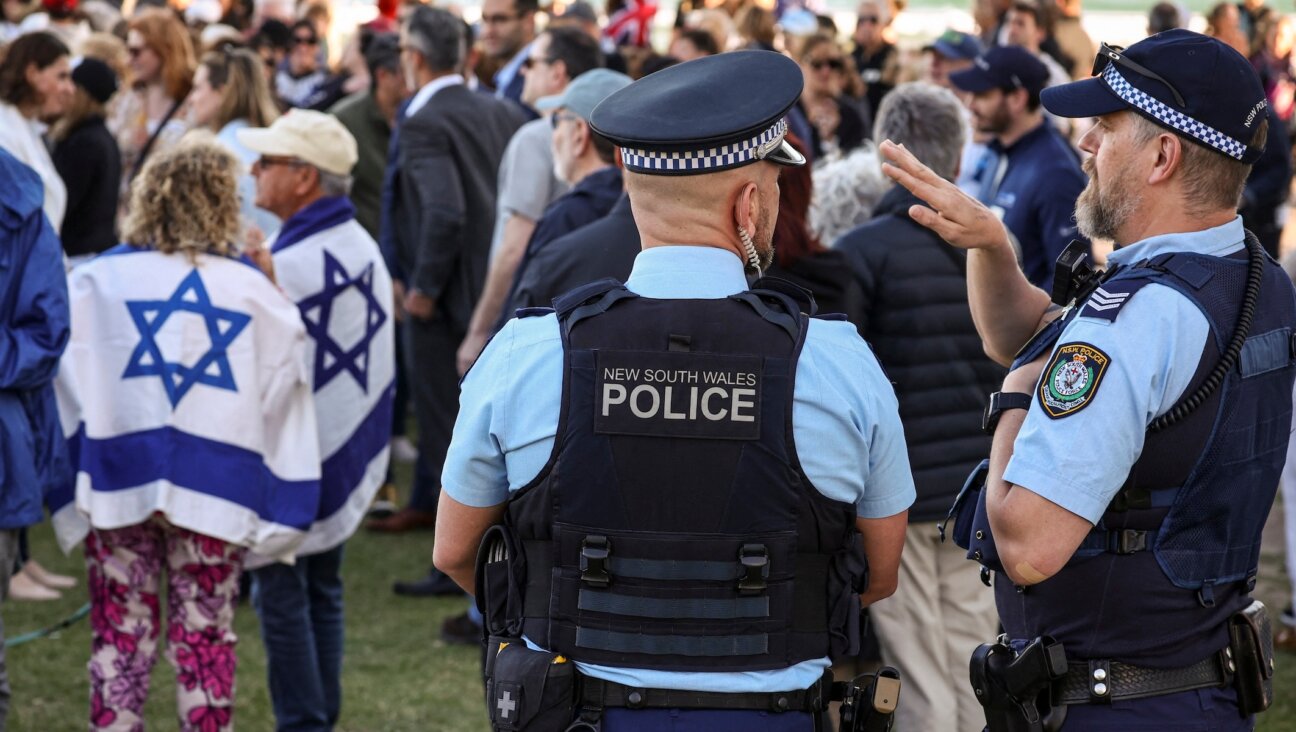Meeting Benedict: A Rabbi Talks With the Pope
The walk through the papal apartments led through several long rooms, each richly decorated in antiques and hangings and paved with marble.
My journey to the heart of Catholic Christianity might have been expected to have precipitated long thoughts on history and family: What would the first Jacob Neusner, my grandfather from the town of Koretz in the Pale of Settlement and Beverly, Mass., who died 77 years ago, a few months before I was born, have thought? How many Jewish scholars have had occasion to walk through those palatial rooms, and what brought them to call on the pope? As guard after guard saluted me and my wife, I might have wondered how often kippah-wearing visitors had received the Swiss Guards’ salute.
If you assumed that it was these thoughts of who and where I was that raced through my mind, you’d be mistaken. Midway through the walk from room to room, I had the awful thought that my fly was open. I checked. It was — but not for long.
My wife and I had been invited to visit to Pope Benedict XVI for a private audience in his Vatican office on January 18, the day after his high-profile visit to Rome’s main synagogue. He and I had had an occasional scholarly correspondence before he had been pope, as we shared an interest in the historical study of first-century Judaism and Christianity. As Cardinal Joseph Ratzinger, he generously wrote an endorsement of my 1993 book “A Rabbi Talks With Jesus.” Then, much to my surprise, a decade-and-a-half later, when Benedict’s book “Jesus of Nazareth” was published, a good portion of one of its chapters was spent discussing my book, a sincere and, I believe, unprecedented theological engagement with a rabbi’s work on the part of a sitting pope. Yet until my most recent visit to Rome, the pope and I had only met once, and then only very briefly at a 2008 inter-religious gathering in Washington, so I was particularly excited to get to spend a bit of time with him.
Waiting outside the papal office, my wife and I wondered what the pope would want to discuss. We need not have worried. The pope and I have in common and talked about what professors always discuss: What are you working on, and what will you do next?
So when my wife and I spent our 25 minutes by ourselves with Benedict, I asked him how he was progressing with volume two of “Jesus of Nazareth,” and he asked me whether I’m still publishing a book a month. He told me that the second volume would come out soon and that it would be the last book he would write. But, he explained, he has other work that will keep him busy. That’s the price exacted from a major scholar who is elected pope.
And that was before we even sat down. The news that he was writing his last book struck me as sad. I said so, and he reminded me that he is older than me — as it happens, by five years. That his book-writing days are coming to an end precluded any discussion of the book I had hoped to someday convince him to write with me — a dialogue on the apostle Paul’s theology of Israel in Romans — and I didn’t bring it up.
He asked me what I’m working on, and I started to explain: “Form analysis of the rabbinic canon…” His eyes seemed to glaze over, so I broke off that line of discussion and took the occasion to give him a copy of my new book introducing the Talmud, published just now in Italian, and the German translation of my “A Rabbi Talks With Jesus.” He appreciated receiving the book in his native German and said he was thankful that the Talmud book was not too long for the time he had for reading. He told my wife that reading “A Rabbi Talks With Jesus” gave him comfort when his sister died.
I left with a vivid picture of a humble and good-natured man wholly devoted to the service of God. He is generous in his appreciation of others and does not take for granted others’ appreciation.
I leave it to others to speak for the Jewish people in discussions that will engage us over issues of common concern — and contention — between Judaism and Catholicism. Myself, I will cherish the memory of the fellow scholar I had the pleasure of getting to know in Rome.
Rabbi Jacob Neusner is the Distinguished Service Professor of the History and Theology of Judaism and a senior fellow of the Institute of Advanced Theology at Bard College.
A message from our Publisher & CEO Rachel Fishman Feddersen

I hope you appreciated this article. Before you go, I’d like to ask you to please support the Forward’s award-winning, nonprofit journalism so that we can be prepared for whatever news 2025 brings.
At a time when other newsrooms are closing or cutting back, the Forward has removed its paywall and invested additional resources to report on the ground from Israel and around the U.S. on the impact of the war, rising antisemitism and polarized discourse.
Readers like you make it all possible. Support our work by becoming a Forward Member and connect with our journalism and your community.
— Rachel Fishman Feddersen, Publisher and CEO







